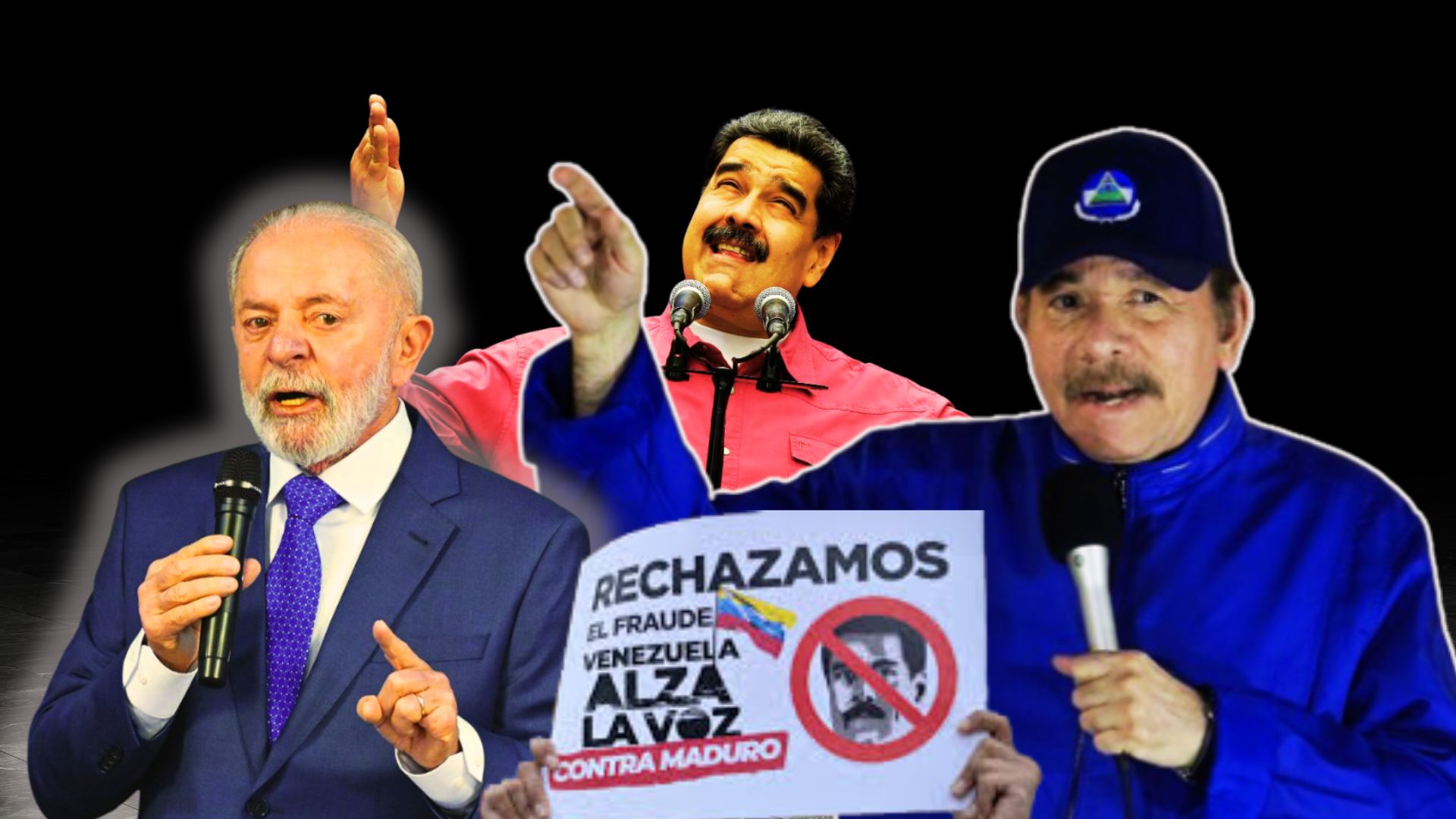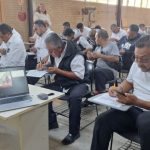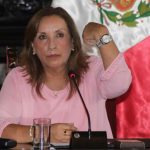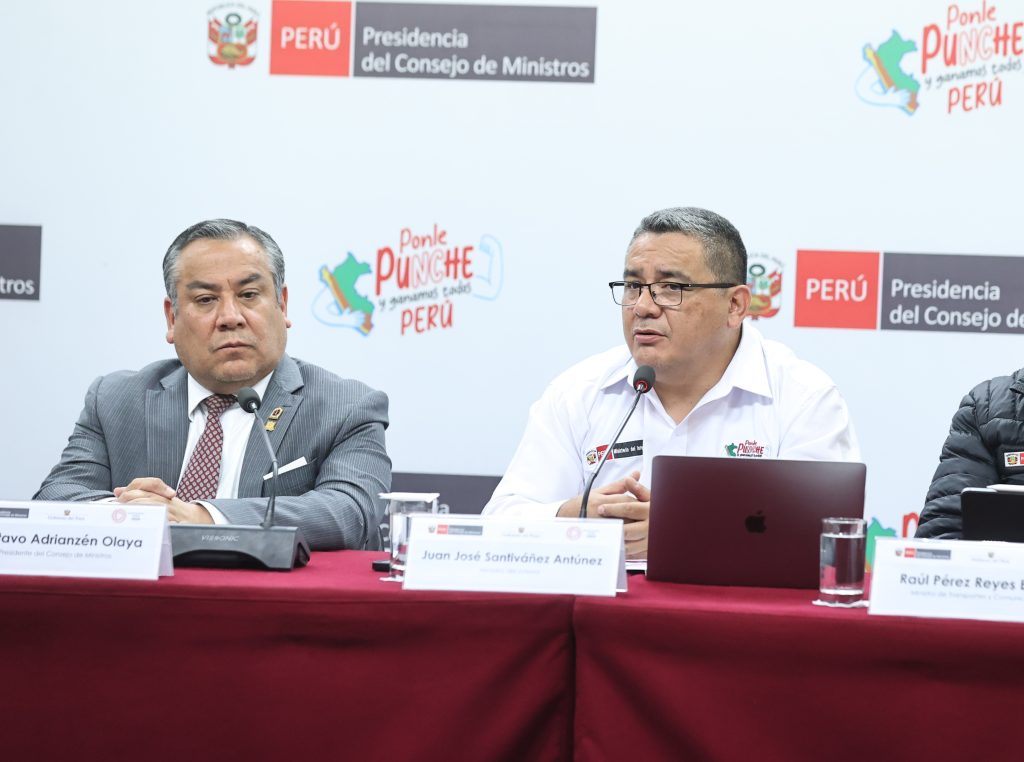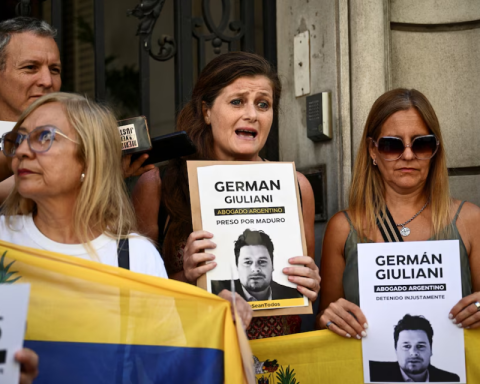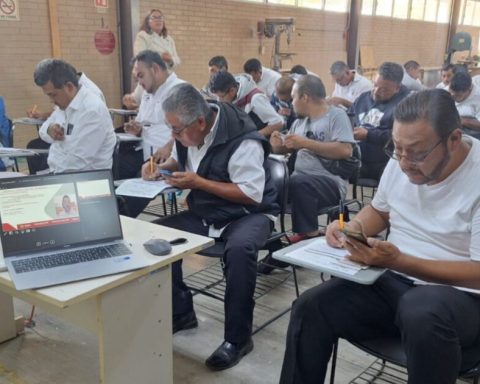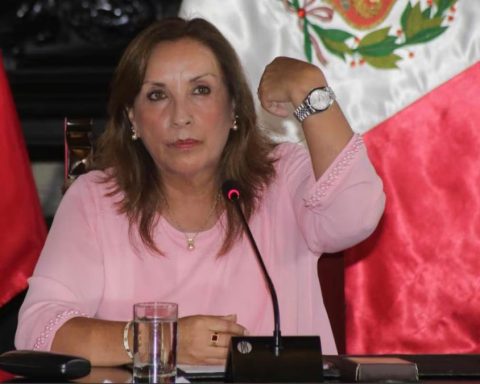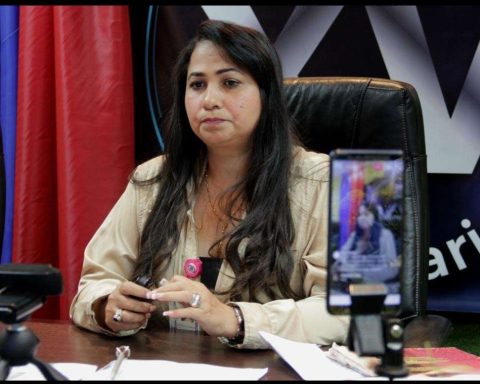The dictatorships of Nicaragua and Venezuela were vetoed from being part of the BRICS after Brazil (one of the main members) opposed the entry of the regimes of Daniel Ortega and Nicolás Maduro to whom President Luiz Inácio Lula da Silva has already made his rejection clear.
According to the Brazilian media TV Globo, Lula’s government exerted pressure on member countries, including Russiaso that Nicaragua and Venezuela were not included in the list. Although the veto was not formal, according to sources, Putin’s government is aware of the friction between Lula and the dictators Ortega and Maduro, whom it has condemned and accused of dictatorial regimes.
Related news: Lula vetoed Ortega and prevented his entry into the BRICS, Russia and China supported Brazil
The newly appointed chancellor attended for Nicaragua Valdrack Jaentschkewho gathered a delegation in Russia tried to convince the founding members of the BRICS to incorporate Managua into the economic and political bloc; However, their efforts were in vain, since Nicaragua was not taken into account among the countries aspiring to be part of the bloc led by Russia.
Nicaraguan opponents claim that Ortega was trying to be part of the BRICS to access loans from the initiative to finance projects of the dictatorship that until now is sanctioned by the United States and the European bloc, so it has limited access to financing from dollarized international banks.
The dictatorship of Daniel Ortega and Rosario Murillo, as part of its plan to compact the State, ordered its deputies to approve the Law Initiative for the Transfer of Functions of the National Forestry Institute (INAFOR) to the Ministry of the Environment and Natural Resourceswhich was carried out without further discussion with a “unanimous” vote of the Sandinista parliamentarians and their collaborators.
According to the explanatory statement presented by Daniel Ortega in the text of dissolution of Inafor, this measure is part “of the modernization process in the management of Natural Resources, especially Forest Resources”, which, says the Executive, “requires a reorganization of the institutional, technical and administrative efforts to improve and optimize programs and projects in order to efficiently address the problems and solutions that our population demands in this sector.
Ortega also argued that “a joint effort and the union of economic, technical, administrative and operational resources are required to improve the management and forestry regime of the country, for which it is necessary to work in a single direction through a single entity that “manage, protect and monitor the use and exploitation of forest resources.”
The most notable thing about this reform is that as part of the repeals, the Sandinista dictatorship orders the liquidation of all the functions that Inafor had as a decentralized entity, but it does not specify whether each of these actions will be managed by Marena or if they simply stop working. in its entirety.
The Sandinista regime, headed by Daniel Ortega and Rosario Murillo, made official the “resignation” of the head of the Ministry of Health (Minsa), Martha Verónica Reyes Álvarez, and neither the causes of her supposed resignation nor who will be announced have yet been announced. occupies that position, so the health institution is officially without a title until the tyrant announces it.
Related news: Ortega dismantles INAFOR and “transfers” its functions to MARENA
Ortega decided to “accept” Reyes’ resignation through Presidential Agreement 183-2024, published on October 23 in La Gaceta, Official Gazette number 194, which only serves to make official the departure of the now former head of the Minsa.
Reyes had held that position since April 2020, when she was appointed by the dictator to replace Carolina Dávila, who was separated from the position and consoled with the position of advisory minister for SILIS care.
